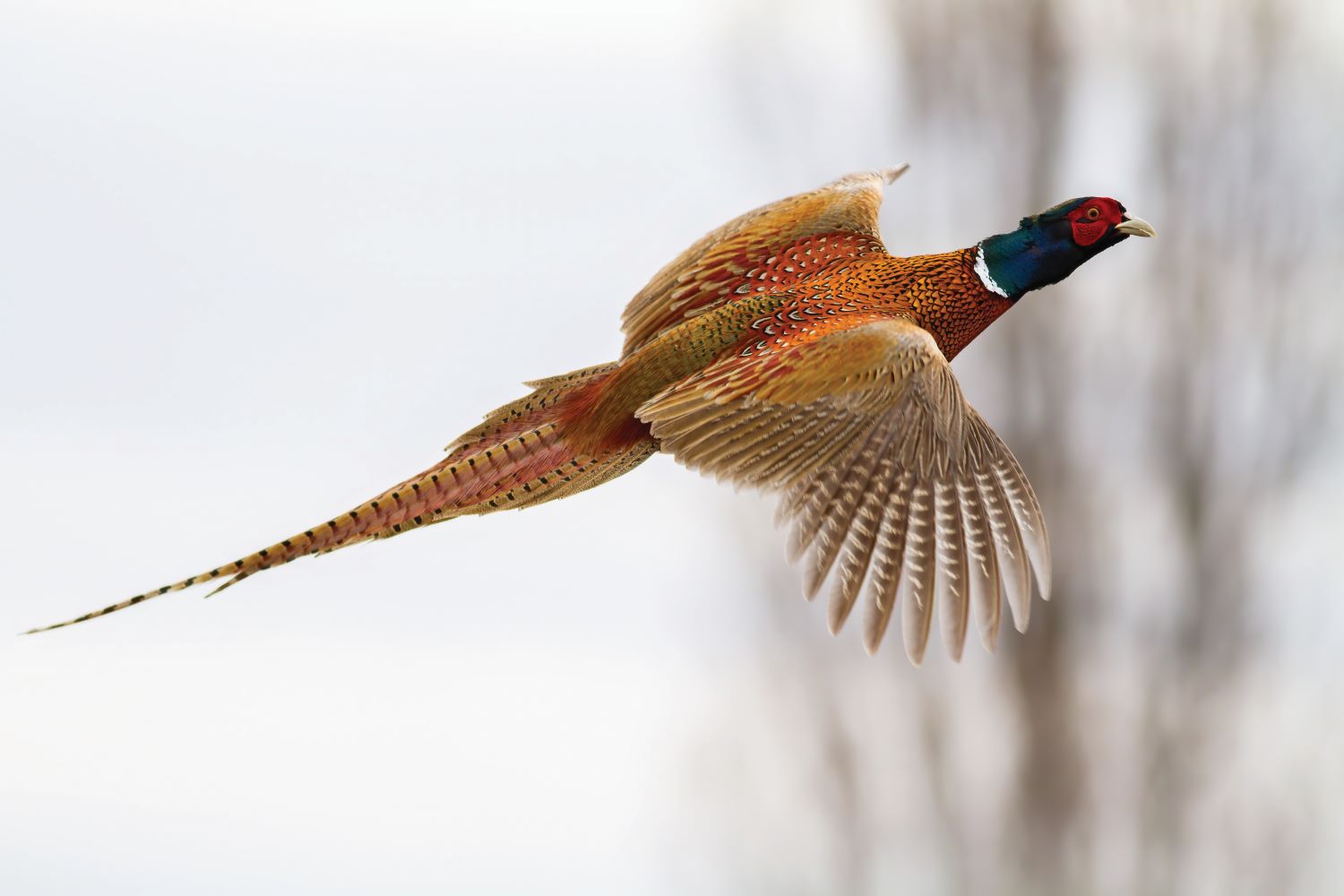“As an ecology minister, one who situates the value of earthcare at the center of my ministerial calling, I believe that the protection of nature is a divine mandate, not a holy suggestion,” – Reverend Dr. Ventra Asana
Now retired, Reverend Dr. Asana is an ecotheologian and ecominister who served the Detroit community for decades at the African Methodist Episcopal Church and the United Methodist Church. She pairs spirituality with nature and partners with other environmentalists to create green spaces within impoverished urban communities. Her current project developed through a collaboration between the Detroit Bird Alliance and Michigan State University is focused upon creating a park with a bird meadow at Linwood and Gladstone with input from the LaSalle Block Club. The green area will also have a basketball court, a free library, benches, and a playground. The alliance has already broken ground on the space and this year is tilling the area for planting. Asana hopes the park will host its grand opening in September 2025.
The bird meadow is just one of 26 areas that will be constructed to attract birds and wildlife to the city. A few have already been established, including one in Palmer Park. When discussing her motivation for the project, Asana stated, “The program will create urban meadows in some of Detroit’s community parks to provide sanctuary for birds. I was appalled to discover that over four billion birds have become extinct over the past 50 years, and to learn about some of the causes contributing to their demise.”
Ventra became interested in the plight of birds many years ago while caring for her ailing mother on the East Side. Overwhelmed with her caretaker duties, Asana would listen to the vocalizations of a pheasant through her back porch window. One day, the bird startled her by appearing in her backyard. “It seemed to show up at a moment when I was the most in despair. It somehow seemed to me that it sensed my mood, and made its astonishing appearance to cheer my soul, to inform me that I was special in the calling I’d undertaken to be there for my mother in a time of suffering.” The pheasant to her was a symbol of how important it is to establish connections with nature. This led to her serving at United Methodist, a Christian community that has specific theological guidelines for the care of the earth.
Though her mission is clear, there have also been challenges with implementing the program. Many people do not deem bird meadows a priority and feel there are other more pressing social needs. In addition, some residents wanted traditional parks, with walkways and cut lawns, which they feel would increase their property values. A project to develop what seemed like just an overgrown field at first did not appeal to them. Ventra worked hard to address these concerns by talking to residents at social functions and community gatherings. During these chats, many participants soon began sharing their nostalgic bird stories with her. These deeply personal stories allowed her to begin recruiting bird ambassadors and create community activists that championed the idea of urban meadows. “These people have also shared with me that the inclusion of community benefit agreements – wherein improvements to existing areas as identified by residents – could serve as incentives to motivate them to care for meadows and to teach about their importance to urban ecology.”
Asana believes that these green spaces will improve people’s lives and health. She wants to create beautiful areas for residents to enjoy right in their neighborhood that doesn’t require a long commute. She is also hoping the gardens and parks will attract more businesses and popups to come in to these communities. Each month she writes a blog about the importance of the natural world in urban settings for Stand-Detroit, whose mission is to better understand the link between nature, staying active, and healthy neighborhoods.
Ventra is also proud of her 15-year membership to Keep Growing Detroit, an organization whose mission is to cultivate community gardens where most vegetables and fruits consumed in the city are grown by residents. In her own family garden she has benefitted from the group’s resources, from their offerings of seeds to the workshops they host on a variety of topics. . She is also excited to be featured in a new book by Kelly Smith and Racheal Forbes titled, Ecosocial Work: Environmental Practice and Advocacy.
In speaking about what drives her, Dr. Asana noted “as an ecotheologian and ecominister it is in the sacred space of these encounters that I feel a profound hope and encouragement to continue advocating for the creation of meadows as bird sanctuaries in urban spaces. I see this as an important aspect of divine earth care, one that exemplifies this intentional practice as spiritual mandate and not as holy suggestion, compelling us to continue to campaign for species that cannot do it for themselves.” Taking a page from Dr. Asana’s book, all of us can learn and deepen our commitment to the protection of our natural habitats and those of the species with whom we co-exist.


